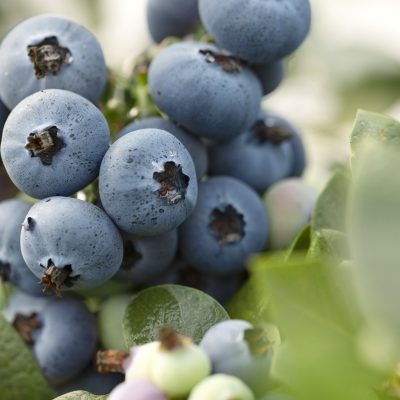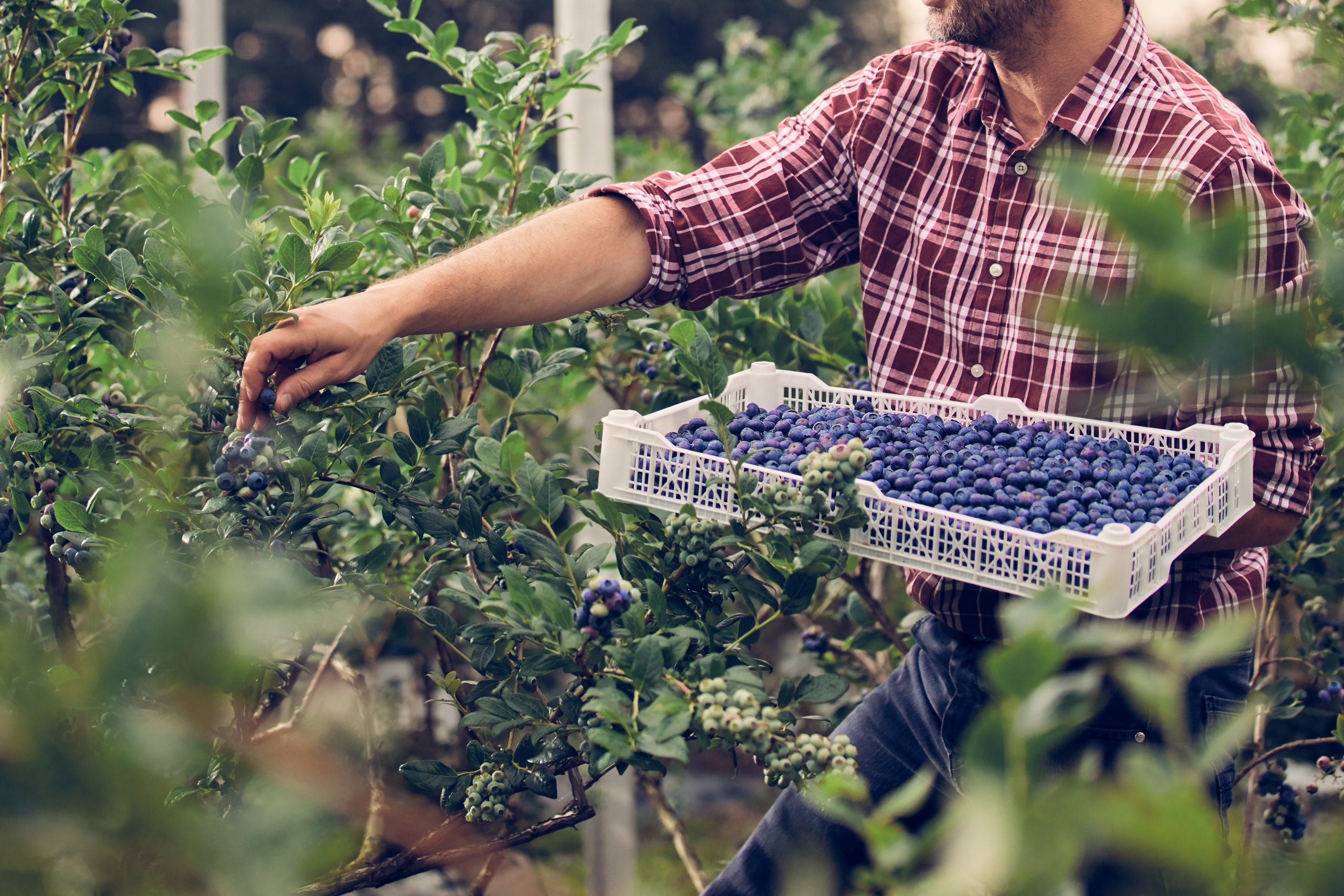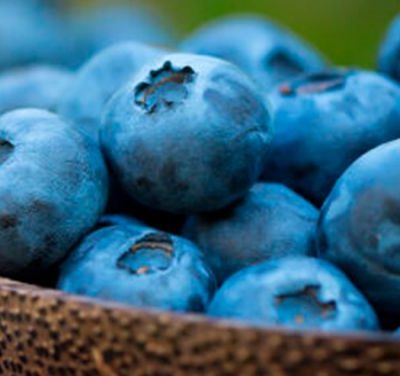Japan imports more blueberries
Japan’s imports of blueberries increased this year and purchases of Northwest cherries remained fairly stable despite a small crop and a weaker yen.
U.S. fresh blueberry exports increased from 2,690 tons in 2011 to 2,741 tons last year, while processed blueberry imports increased from 3,110 tons 3,739 tons during the same period. Figures for this year were not yet available.
“Typically, the volume is around 40 percent fresh and remaining 60 percent processed,” U.S. Agricultural Trade Office Japan director Steve Shnitzler said.
About 500 tons of dried blueberries are imported yearly in addition, he said.
Japanese eat U.S. blueberries grown in California, Oregon and Washington state, as well as in Florida, Georgia, Michigan, New Jersey and North Carolina, Shnitzler said.
The U.S. Highbush Blueberry Council markets the berries here.
“USHBC participates in ATO programs such as (annual international trade show) Foodex and the Supermarket Trade Show,” Shnitzler said.
Keith Hu, Northwest Cherry Growers international marketing director, said total U.S. cherry imports were 2,285 metric tons.
The volumes may seem small after last year’s record 3,400 tons, he said, but compare favorably to 2011’s 2,400 tons.
That is despite a weakening Japanese currency, causing consumer purchasing power for imported products to decrease.
The U.S. dollar strengthened by 27 percent against the yen this year compared to a year earlier.
“Warehouses at the port of entry have been overflowing with kiwis and bananas due to decreased consumer demand,” said Scott Hitchman, president of Milton Marketing.
Milton Marketing promotes Northwest cherries here for the Washington State Fruit Commission.
Hitchman’s firm also represents the Cherry Marketing Institute of America and the Washington State Department of Agriculture.
The relative stability of exports to Japan results from his firm’s promotional efforts that increased volumes in the late season, as well as volumes of larger cherries, Hitchman said.
“We have also successfully promoted the Rainier variety of cherries in recent years,” he said.
Still, the 304-outlet Daiei surpermarket chain could not purchase as much Northwest dark cherries as it hoped. The chain bought 36 tons in 2010, 32 tons in 2011, 45 last year, but only 25 tons this year.
Things looked brighter for Rainier cherries. The company bought 15 tons in 2010, 10 tons the following year, eight tons last year but volumes went only slightly down to 7.4 tons this year.
Capital Press




